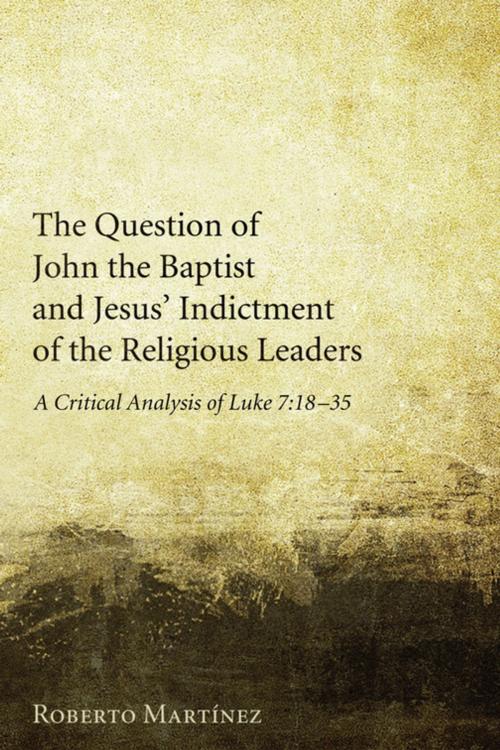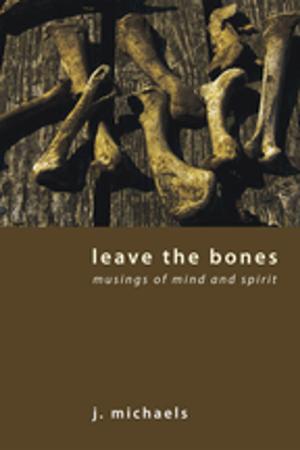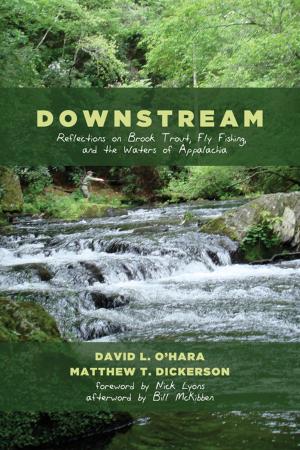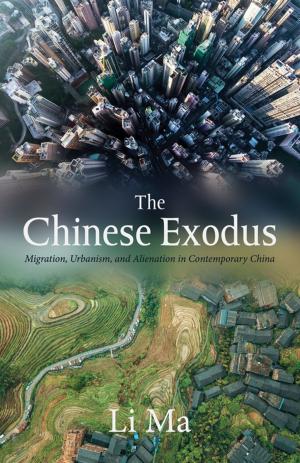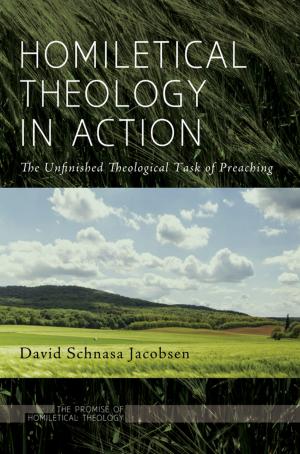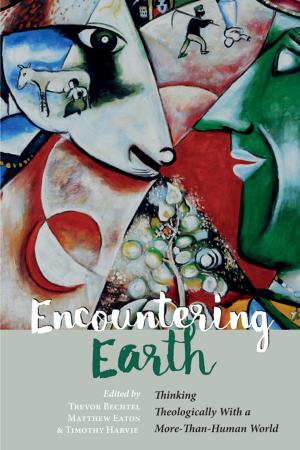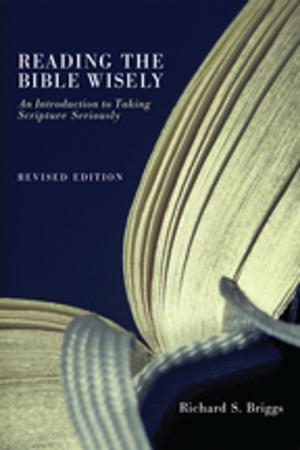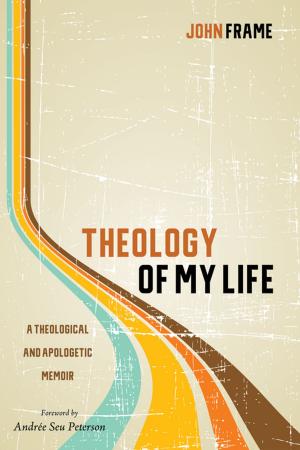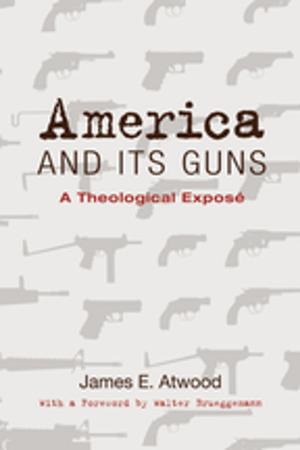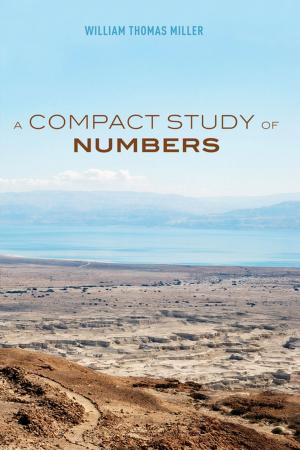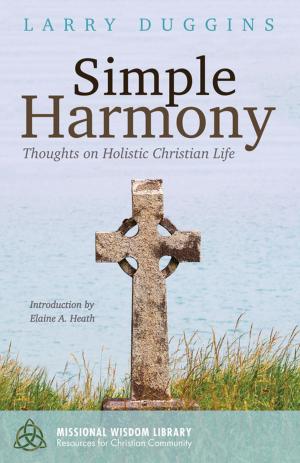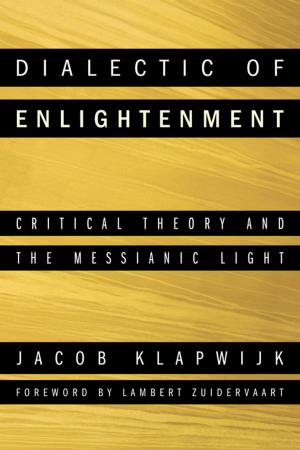The Question of John the Baptist and Jesus’ Indictment of the Religious Leaders
A Critical Analysis of Luke 7:18–35
Nonfiction, Religion & Spirituality| Author: | Roberto Martinez | ISBN: | 9781498276665 |
| Publisher: | Wipf and Stock Publishers | Publication: | January 3, 2011 |
| Imprint: | Pickwick Publications | Language: | English |
| Author: | Roberto Martinez |
| ISBN: | 9781498276665 |
| Publisher: | Wipf and Stock Publishers |
| Publication: | January 3, 2011 |
| Imprint: | Pickwick Publications |
| Language: | English |
Since the time of Jerome, scholars have tried to explain why John the Baptist asks Jesus if he is "the one who is to come" (Matt 11:2-6; Luke 7:18-23) after he had apparently identified him as "the lamb of God" (John 1:29-34). The puzzling question is part of one of the longest fragments of traditional material in the New Testament dealing with the Baptist and Jesus. The present study critically examines the Lukan version of this double tradition normally attributed to Q, which includes John's question as well as Jesus' testimony about the Baptist (7:24-28) and his reproach of the religious leaders (7:29-35). Martinez investigates the narrative elements of the passage and shows how Luke 7:18-35 is part of a literary pattern within a section whose main goal is to clarify the identity of Jesus. The study argues that the tradition in Matthew 11:2-19 and Luke 7:18-35 deserves to be interpreted differently in the Gospel of Luke and explains how Luke integrates John's apparent ignorance of Jesus as well as Jesus' indictment of the religious leaders into his literary scheme. Finally, Martinez shows how Luke puts this tradition about John and Jesus at the service of his theocentric and christological perspectives and offers an alternative explanation to the prevailing interpretation of John's question.
Since the time of Jerome, scholars have tried to explain why John the Baptist asks Jesus if he is "the one who is to come" (Matt 11:2-6; Luke 7:18-23) after he had apparently identified him as "the lamb of God" (John 1:29-34). The puzzling question is part of one of the longest fragments of traditional material in the New Testament dealing with the Baptist and Jesus. The present study critically examines the Lukan version of this double tradition normally attributed to Q, which includes John's question as well as Jesus' testimony about the Baptist (7:24-28) and his reproach of the religious leaders (7:29-35). Martinez investigates the narrative elements of the passage and shows how Luke 7:18-35 is part of a literary pattern within a section whose main goal is to clarify the identity of Jesus. The study argues that the tradition in Matthew 11:2-19 and Luke 7:18-35 deserves to be interpreted differently in the Gospel of Luke and explains how Luke integrates John's apparent ignorance of Jesus as well as Jesus' indictment of the religious leaders into his literary scheme. Finally, Martinez shows how Luke puts this tradition about John and Jesus at the service of his theocentric and christological perspectives and offers an alternative explanation to the prevailing interpretation of John's question.
